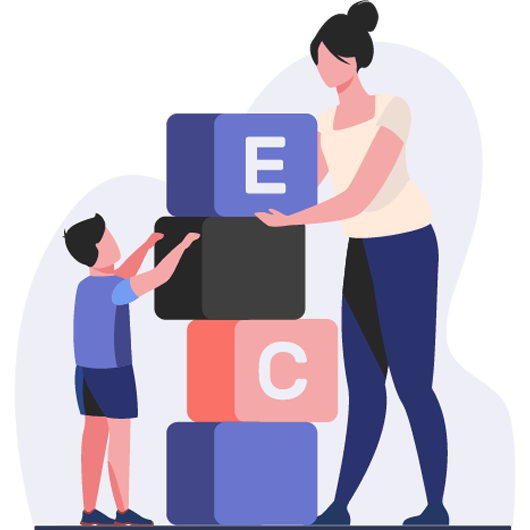Resources

SOME INFORMATION THAT MIGHT BE OF HELP.
Websites
Articles
Books
The Social Story Book, by Carol Gray
Positive Parenting for Autism, by Victoria Boone
The Parent’s Guide to Specific Learning Difficulties, by Veronica Bidwell
The Conscious Parent’s Guide to Executive Functioning Disorder, by Rebecca Branstetter
Fish in a Tree, by Lynda Hunt
apps
FAQ - frequently Asked Questions
Yes. As a licensed educational psychologist, I am able to diagnose learning disabilities, and other psychological disorders that relate to the process of academic learning through an educational evaluation.
Following the completion of an assessment, I will review the results with you (I also encourage a meeting with the child, as well, to discuss the assessment at an age-appropriate level). In our meeting we will discuss next steps, which will likely include a meeting with your child’s school. At the meeting I will share the assessment results, and my recommendations. Together as a team, we will all develop a plan of action for your child’s education.
An Individualized Education Plan (IEP) is a legal document that is developed by the IEP team once a child qualifies for special education services. The team includes (but is not limited to) you (the parents), your child’s general education teacher, the special education teacher that would be serving your child, a school administrator, and the school psychologist. Your child will also be a part of the team once they are at the stage in their schooling where they are creating a transition plan. A child qualifies for an IEP if they meet the criteria of one of the 13 disabilities outlined in special education law, and the disability is impacting their educational performance. An IEP determines what a child’s present levels are, what areas are in need of support, and what the supports will be. Support can include push-in (where a special education teacher/aide goes into the child’s classroom and assists them there), or pull-out (where the child receives assistance from a special education teacher/aide in another classroom/office, either individually or in a small group). Related services might also be included on a child’s IEP if they require support in areas such as speech-language, or sensorimotor (this would be determined by an assessment conducted by the related service provider). Goals are included on the IEP, based on the child’s present levels, and progress is reviewed annually. The idea of an IEP is to provide a student who demonstrates a disability the supports and services they require in order to make meaningful academic progress.
If a child demonstrates a disability that is impacting a “major life function”, but they do not meet eligibility criteria to receive special education services, they might qualify for a 504. With a 504 accommodations are put into place in order to help a student with a disability be successful in their learning environment. It is a document that is also reviewed annually.
If a child is evaluated by a school psychologist at their public school, and their parents disagree with the assessment results, or feel that they received an inadequate evaluation, they may request an Independent Educational Evaluation. This is an educational evaluation conducted by an assessor outside (“independent”) of the school.
This is unlikely. An independent educational evaluation may be paid for by the school if it is requested following the completion of an evaluation conducted by a school psychologist in the school district. Once requested the district can either fund the independent educational evaluation, or file for due process. During a due process hearing an independent educational evaluation is often court ordered, in which case it would be paid for by the district. If a parent is seeking an evaluation without having had one completed by the district first, it is at the parents’ expense.